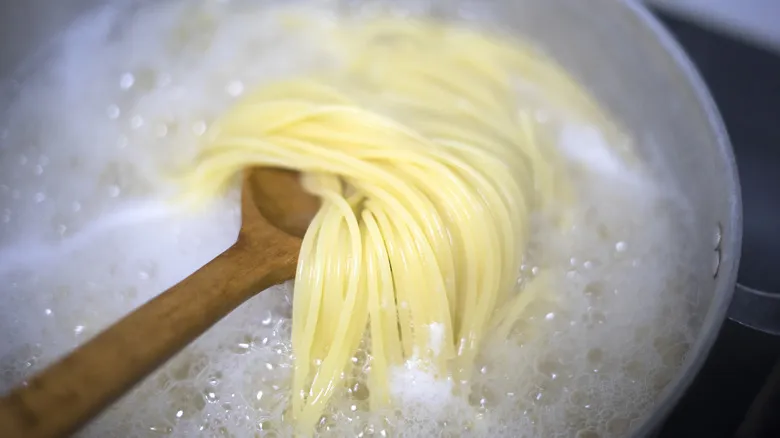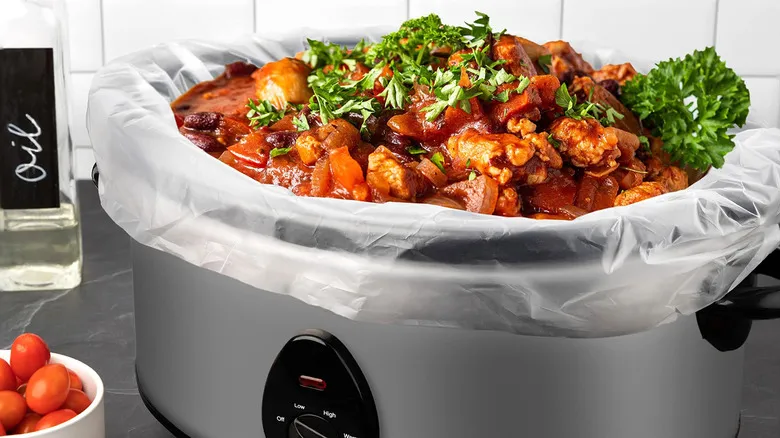How to use leftover pasta water in recipes
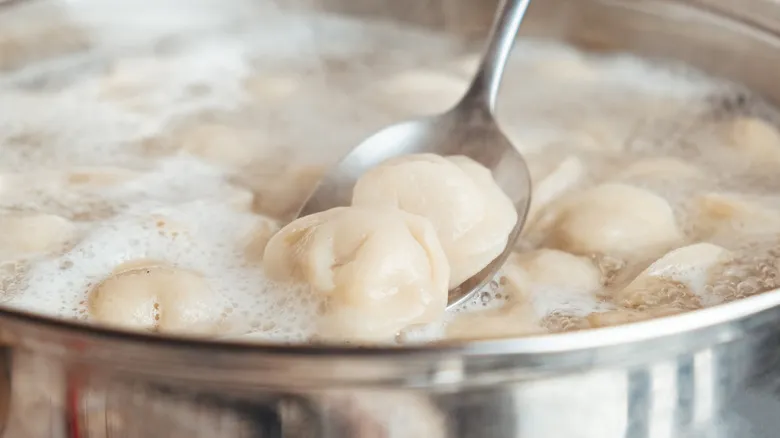
One of the most useful applications for pasta water is as a foundation for soups and stews. Whether you're making a vegetable minestrone or a comforting chicken noodle soup, a cup of pasta water can enhance the broth, giving it a thicker, more luxurious texture. The starch in the water helps to emulsify the liquids, resulting in a rich and well-balanced consistency.
Pasta water is an inexpensive secret ingredient that goes beyond just soups and sauces—it can even enhance bread! Bread-baking aficionados are always on the lookout for innovative techniques, and substituting pasta water for regular water in dough recipes adds extra moisture and elasticity, leading to a fluffier, chewier crumb. The starch content imparts a subtle sheen and a more substantial texture to the bread. Just be cautious not to add too much salt, as the pasta water already contains some. For instance, sourdough lovers often use leftover pasta water to nourish their starters, which can boost the fermentation process and aid in the bread's rise.
Legumes such as beans and peas can also be cooked in pasta water. Cooking beans in this starchy, salted liquid makes them extra creamy and flavorful. For storage, you can keep leftover pasta water in the fridge in an airtight container for up to three days. If you're feeling adventurous, you can freeze it in ice cube trays and add those cubes to any dish you want to enhance!
Recommended
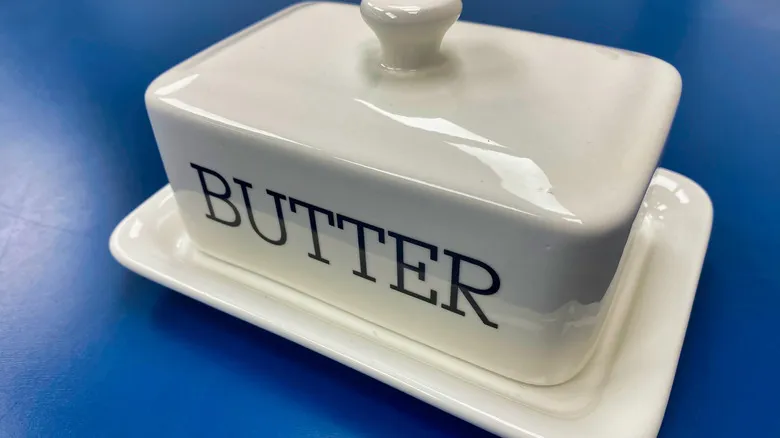
Should You Store Butter In A Dish?
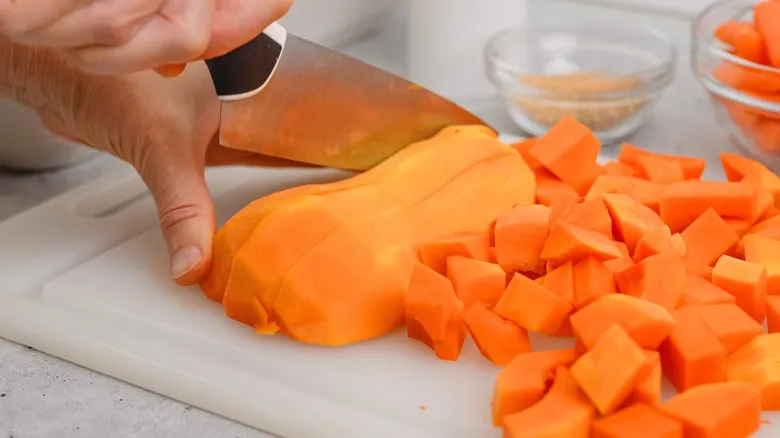
How To Properly Freeze Raw Butternut Squash

The Fresh Secret Behind Frozen Foods
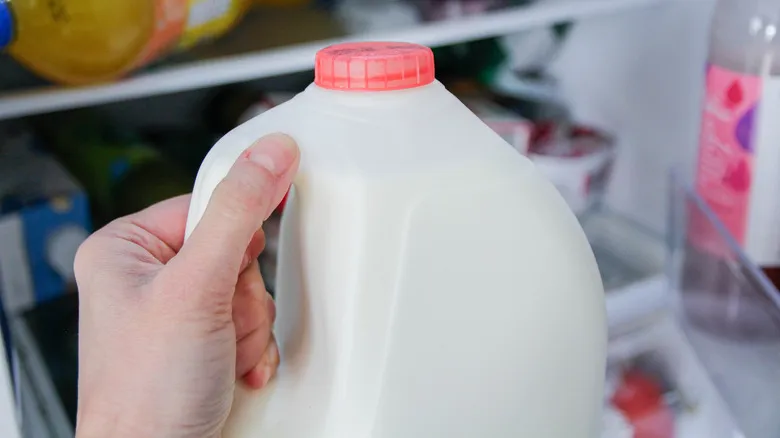
The Worst Place To Store Milk In Your Fridge
Next up

